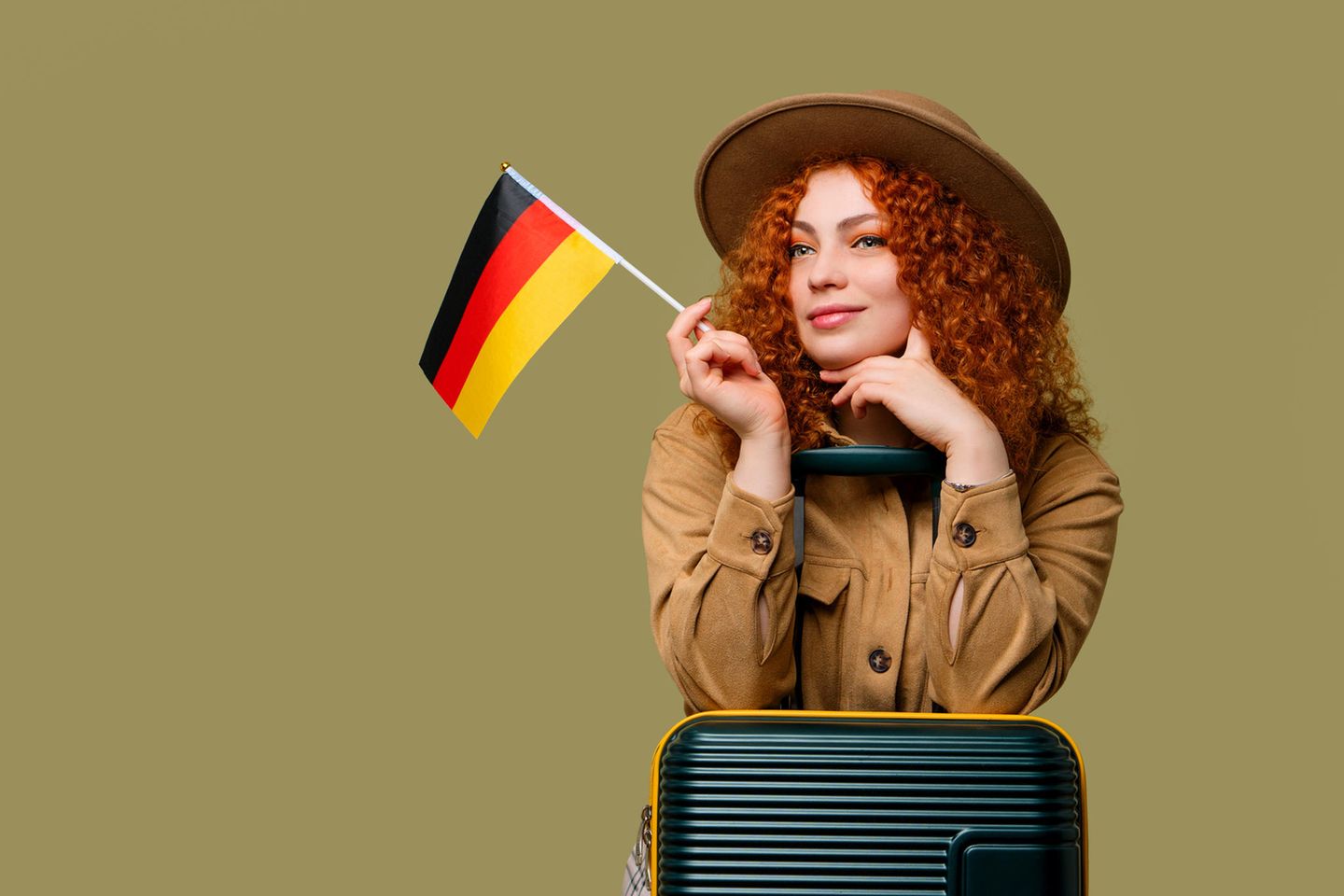Knew how
How not to get busted as a tourist while on vacation
© Vagengeim / Adobe Stock
Anyone who walks through the streets with trekking sandals and a backpack is immediately recognized as a German holidaymaker. You can read here what else you should refrain from doing if you want to pass as a local.
Let’s not fool ourselves: locals can usually see from afar who is a tourist and who is not. There’s nothing wrong with that, unless you’d like to pass as a local, or at least an insider, on vacation.
Here you will find insights into the most popular European summer holiday countries that can help you not to make a cultural mistake right away.
GREECE
Yes, no, yes!? With such small but decisive words and gestures, it can Greece can quickly become confusing. Because Greeks shake their heads when they agree, while nodding signals rejection. And the Greek “Ne” also means “Yes” – you quickly come out as a tourist if you get it wrong. The main thing to note about gestures is that Greeks consider it an insult when someone shows their palm open. When it comes to food, ordering a “Greek salad” is a no-go. The correct name is “Choriatiki”.
SPAIN
The language learning platform “Babbel” advises sensitivity when timing meals in Spain. Lunch time (“Comida” or “Almuerzo”) is at 3 p.m., dinner (“Cena”) takes place between 9 and 10 p.m. If you want to stop between these times, you should opt for a “cortado” or a wine and tapas. With “Una cerveza, por favor” you quickly fly off as a tourist – locals order a small glass “quinto”, a large glass “mediana” or a beer in a bottle (“botella”), or they simply name the brand they want. Anyone who expects punctuality and insists on it will also quickly come out as a German in Spain:r. Criticism should not be expressed directly either – for Spaniards it is important to be able to save face.
ITALY
In Italy you should keep an eye on the clock when ordering coffee. Cappuccino after 12 is frowned upon as a tourist as it is considered a breakfast drink. Another no-go is asking for adjustments to a traditional recipe. And if it’s “Piano, piano!” means, no piano is sought, it simply means “slowly, slowly”. If you don’t have much time, even on vacation, you will immediately be exposed as a German tourist in Italy.
NETHERLANDS
Travelers in the Netherlands who think they have cracked the language code quickly find themselves embarrassed: the diminutive “-je” is often used, but it is far from always appropriate. One of the most common language mistakes made by tourists is to use “-je” in an inflationary way, such as saying “koffietje” instead of “koffie” for coffee. Speaking of coffee: the Dutch do not drink their “kopje koffie” in the afternoon like we do, but traditionally with friends or colleagues between 10 and 11 a.m. in the morning. And: Anyone who calls Dutch people “Dutch” in general, ultimately comes out as a tourist.
Türkiye
In Turkey, caution is advised when saying goodbye: “güle güle” can be used to say “goodbye” – but it is never used by the person leaving. Literally translated, it means “laugh, laugh” and wishes that the person who leaves leaves with a smile. If you leave a restaurant on vacation with the words “güle güle”, that exposes you as an outsider. And a “no” is usually not said directly in Turkey, a refusal should be explained with regret and reasons.
GENERAL NO-GO
Which immediately outs you as a German:r? If you want to split the bill in the restaurant and insist on paying separately. The following applies almost everywhere in the world: if you eat together, you pay together – or one person pays for everyone.
Sources used: Babbel, College Contact.com, reisenexclusiv.com
